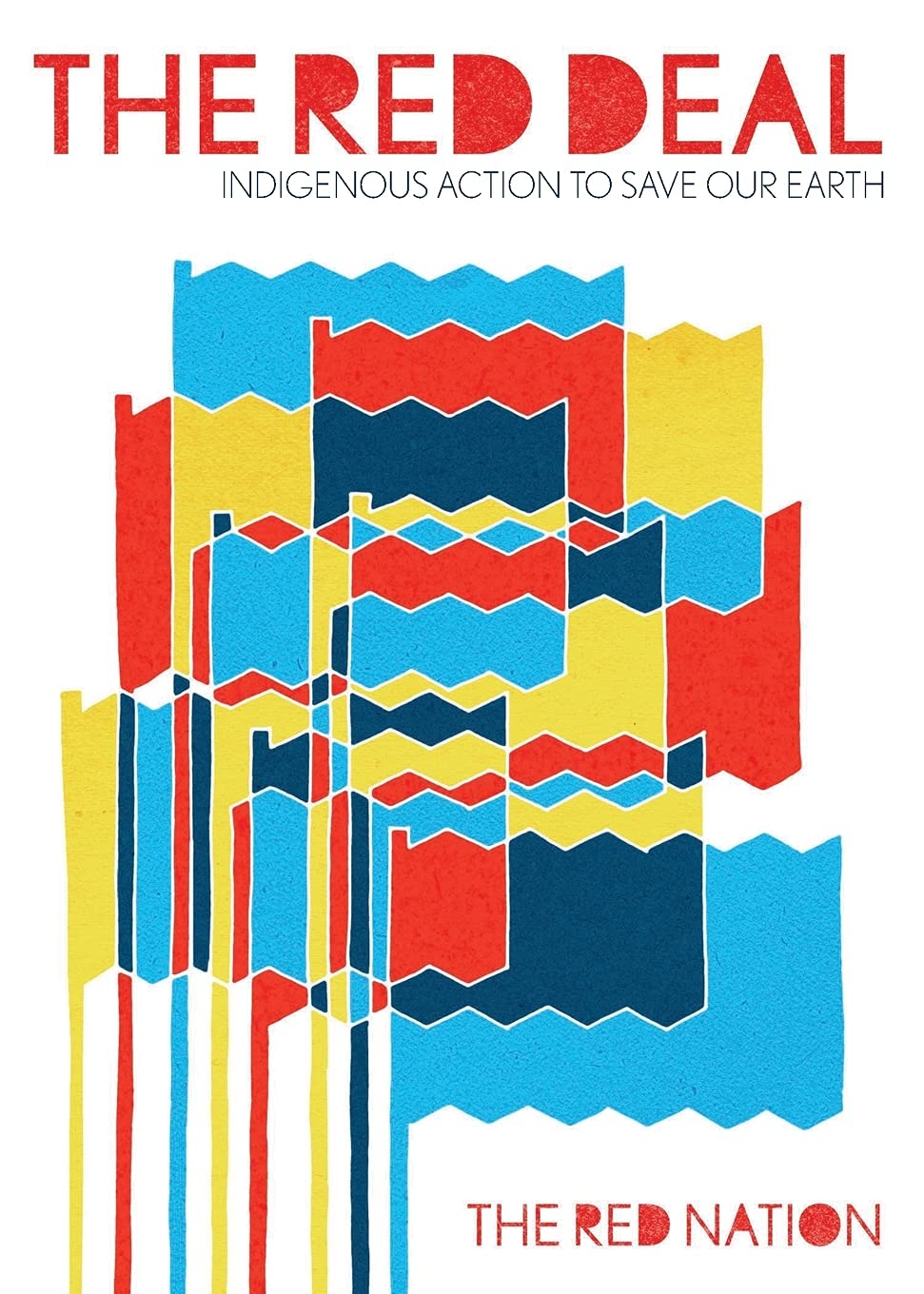Description
The Red Deal begins with the oldest yet often forgotten struggle on this continent: ending the occupation. While usually erased from the history of this nation, settler colonial occupation has fundamentally shaped the development of the United States and indeed the world that it dominates economically and politically. Ending the occupation links those of us in the seat of empire with those who face its weapons, soldiers, and policies around the world. Together we share the common enemy of US imperialism, and Indigenous people here have fought against it since the first settlers began to occupy our lands by force. It is important to remember that the very first act of US imperialism was the military and settler incursions on Indigenous land as the fledgling colonies expanded westward. This is why we begin with ending the occupation.
The struggle against occupation on this continent has remained strong throughout history and continues to this day. We’ve seen this in the global uprisings led by Black relatives who have been resisting the colonization of Africa and the enslavement and oppression of African people stolen to work on this continent for centuries. The uprisings during the summer of 2020, even with the global COVID-19 pandemic, built upon the decades of Black resistance to police violence and the everyday brutality of American society towards Black people, and exploded into some of the largest mobilizations in US history. The spread of uprisings throughout cities across the country was also marked by the sharpening of tactics and clarity of the roots of the issues, with images of burnt down police precincts and flipped cop cars evoking memories of Black and Indigenous resistance to slave plantations and frontier forts. Calls for abolition of police and prisons arose with renewed volume, stretching forward from a long history of abolitionist struggle.
It is important that we continue nurturing these histories and movements of struggle against occupation on these lands and continue to build relationships with others globally who face the violence of occupation. We begin with addressing those things that act as obstacles to our collective liberation: the prisons and detention centers filled with our family members; the police officers and prison guards who stand between us and the capitalist interests they defend; and the military, police, and vigilantes who murder our relatives. As we know, colonial occupation is upheld by constant threats of violence and in many instances, actual violence. It is therefore no surprise that these obstacles to our life and wellbeing that employ violence in order to maintain the occupation, receive the largest proportions of resources by the US settler state. We seek to dismantle these institutions that get in our way of living good lives, and we aim to divert resources away from them through divestment.
This is just the first step, though. It is not enough to be against any one thing, even something as big, evil, and all-encompassing as colonial occupation. Ending the occupation gives us the space to breathe and envision other possibilities that we are for, and we must be clear about what we are for. We are for Indigenous life, for the life of all human and other-than-human beings. And in order to live good lives, we must heal ourselves from the destruction caused by colonialism and capitalism by stopping what harms us and desecrates our land and begin to build what will sustain us.







1 review for The Red Deal Indigenous Action To Save Our Earth
There are no reviews yet.